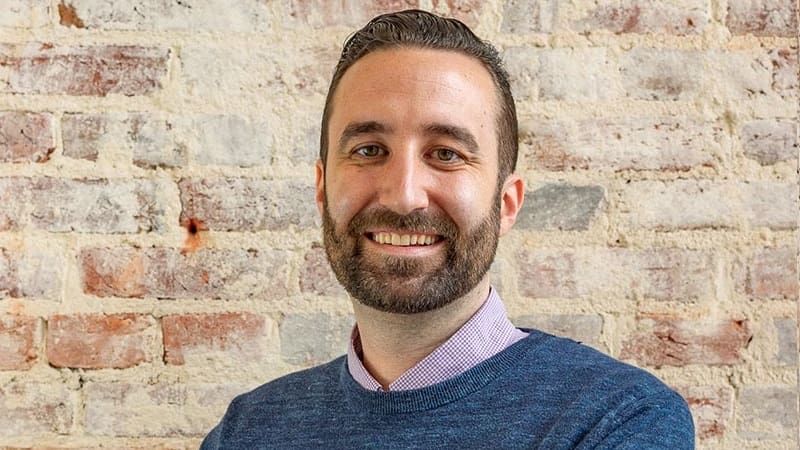
Baltimore-based NextStep Robotics has raised $400,000 of a targeted $1.5 million, according to an SEC filing on Wednesday. The medical device startup, which has developed an AI-based device to help stroke patients walk safely, has previously raised over $7 million, including early grants from TEDCO and the National Institute of Health’s National Institute of Neurological Disorders and Stroke.
NextStep’s previous backers include the University System of Maryland Momentum Fund and Baltimore’s Abell Foundation. Launched in 2016, the Maryland Momentum Fund invests in USM-affiliated companies, while the Abell Foundation is an investing group focused on Baltimore startups.
The technology behind NextStep’s device — called Amble — was developed over a decade’s research at the University of Maryland School of Medicine and the Baltimore Veterans Affairs Motor Performance Laboratory. It was spun out by Brad Hennessie, a lead clinical research specialist at the University of Maryland School of Medicine, along with investors Rich Macko, Anindo Roy and Larry Forrester.
Commercial Real Estate
MacKenzie Companies
Advertising / Media / Communications / Public Relations
Nevins & Associates
Financial Services / Investment Firms
Chesapeake Corporate Advisors
Commercial Real Estate
Monday Properties
Venture Capital
Blue Delta Capital Partners
Internet / Technology
Foxtrot Media
Hennessie started as a research intern for Macko at Veterans Medical Center and earned a Bachelors in Kinesiology and Exercise Science from Towson University, a Masters in Health Care Administration/Management and an MBA from UMUC. He is believed to have propositioned Forrester and Macko, inventors of Amble, to let him commercialize the device.
NextStep is claimed to be the “first proven treatment” to overcome so-called “foot drop” and gait abnormalities resulting from stroke. It also helps prevent falls. In five clinical trials, patients who wore Amble for 45 minutes three times a week showed positive results after six weeks of use, NextStep said. Many patients showed further improvements after the initial training, with variations emerging from “brain plasticity,” or the ability of the brain to adapt.
With proven efficacy of its device, NextStep plans to seek certification for Amble as a medical device. Under an agreement with the National Institute of Health’s National Institute of Neurological Disorders and Stroke, the company plans trials to prove the effectiveness of Amble, and then seek FDA designation as a medical device.


























